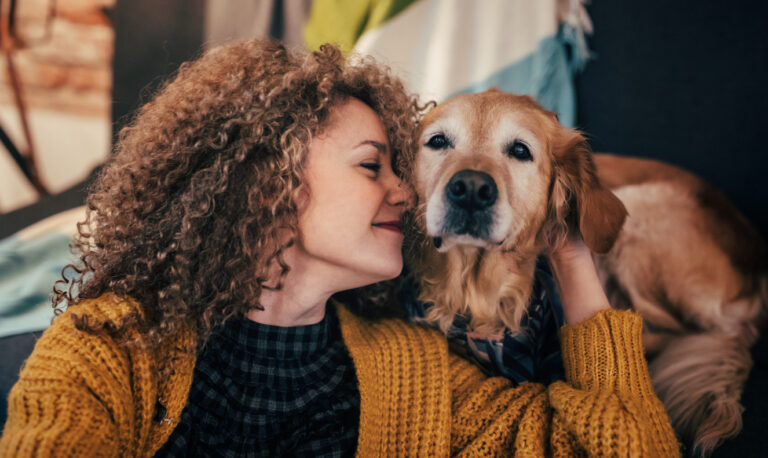by Robin Trimingham
Whether it barks, or purrs, or clucks one thing is certain – many island residents love sharing their lives with animals.
Adding the ideal companion to your household can be as simple as adopting a feral cat that appears at your door or a complex process involving overseas breeders, custom built airline crates, and a ream of customs forms, but in either case it’s important to remember that pet ownership is a lifelong commitment and you have a responsibility to ensure that they remain in good health for their wellbeing as well as your own.
While it’s a documented fact that spending time with a pet can have many health benefits for humans, animals can sometimes carry germs or zoonotic diseases that can be passed to humans even when they look clean and healthy.
In fact, these germs can be transferred simply through normal everyday interactions such as handling toys, kissing your pet, cleaning the litter box, or picking up pet waste in the garden.
So how can we, as responsible pet owners, ensure the health and safety of the creatures we are responsible for as well as ourselves when we interact with them? It starts with the basics.
“All pets deserve to live in a clean and well-maintained environment for optimal physical and mental wellbeing,” says the SPCA. “Proper space, food, bedding, and clean fresh water are all necessary requirements for a pet. They should also be secured at all times for their safety as well as the safety of the public at large and other pets. Where dogs are concerned there are leash laws, so if your dog is straying, it is an offense, and as the owner, or keeper, you could be fined.”
But it doesn’t stop there – keeping vaccinations current and an annual wellness check are also essential.
“Salmonella and Campylobacter (which can cause diarrhea, fever and stomach cramps) are the two most common zoonotic illnesses in people that have been linked to pets,” says Dr Jennifer Fullerton (Dr Jen), Director of Endsmeet Animal Hospital. “Thankfully we don’t have rabies or ticks here on the island which can be a real concern in other places, but fleas are another matter, and all animals need some sort of flea protection”.
In Bermuda’s mild climate, animals that spend even a limited amount of time in the grass can quickly become infested with fleas and even one of these annoying insects (which will bite both humans and animals) can lay 40-50 eggs per day. Enough said!
It’s also important to keep in mind that germs multiply rapidly in Bermuda’s heat and humidity and not every pet is ideal for every person.
Elderly people, small children, pregnant women, and those with weakened immune systems should be especially careful to practise good personal hygiene when spending time with pets.
Another big part of keeping you and your animals healthy is to ensure that they are kept in a secure area where they are protected from unwanted interactions with stray or feral animals, and also to ensure that they don’t wind up dining on the neighbours trash (a habit that can make them seriously ill as well as gaining them a bad reputation!); not to mention the health risks to your own female dog associated with “unplanned” breeding and the resulting “illegal” puppies.
Furthermore, if you obtain a puppy from an unlicensed source, the owner can be prosecuted for not only having an unlicensed dog, but for obtaining it from an unlicensed source as well. For further information please contact the Animal Wardens at 239-2327 or the Bermuda SPCA at 236-7333.

